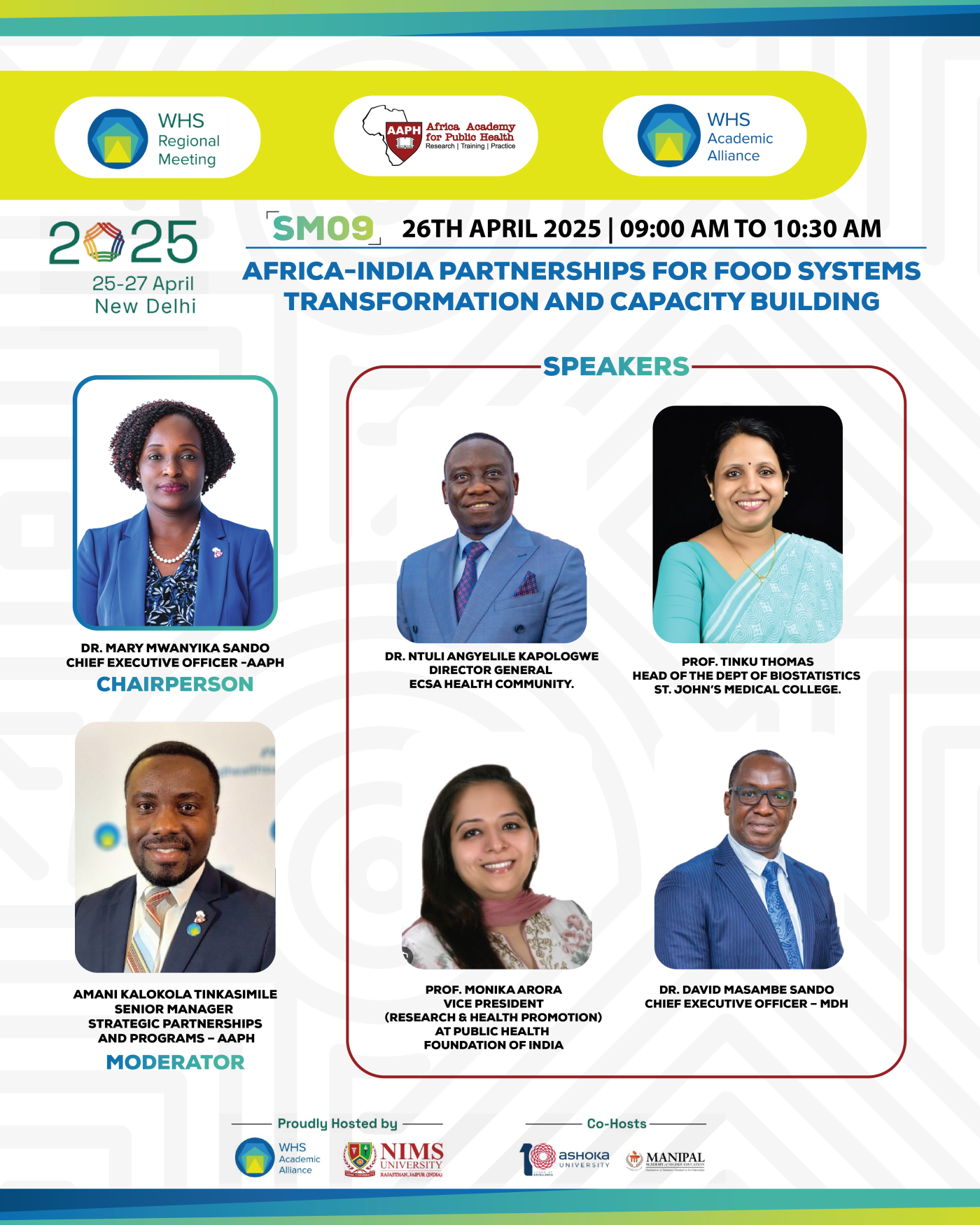
Background:
The African continent is off-track in efforts to meet Sustainable Development Goals (SDGs) 1 and 2 targets to end extreme poverty, hunger, and all forms of malnutrition[1]. Hunger and malnutrition remain significant problems in Sub-Saharan Africa (SSA) and a huge barrier to attaining health and economic resilience. Due to a fast-growing population, persistent droughts and climate-related events, and more recently emerging public health emergencies such as the COVID-19 pandemic, Africa has experienced increased levels of food insecurity, poverty, and all forms of malnutrition. Child food poverty has reached dire levels with 1/3rd of the global severe child food poverty (59 million children) living in Sub-Saharan Africa[2]. Despite declining rates, Africa is the only continent to observe an increase in stunting from 54.4 million to 63.1 million children. Stunting has long-term effects on survival, educational performance, future earnings, and human capital[3].
India has made significant strides in addressing food security and promoting sustainable diets, especially for children. India has made significant progress in improving food security and promoting sustainable diets for children through initiatives like the National Food Security Act (NFSA) and the Integrated Child Development Services (ICDS). These programs have helped reduce stunting and improve nutritional outcomes by ensuring access to subsidized nutritious foods and providing comprehensive health and nutrition services. Africa can learn from India's approach by implementing similar policies and programmes focusing on both food quantity and quality, enhancing agricultural productivity through sustainable practices, and ensuring equitable access to nutrition programs. Additionally, fostering partnerships and knowledge exchange between India and African nations can help address common challenges and build resilient food systems that support the health and development of children.
India and Africa, constituting 36 percent of the global population, unfortunately, are home to nearly 69.4 percent (503 million) of the world’s undernourished people. Together, these regions account for 67.0 percent and 75.8 percent of the world’s children under five afflicted with stunting and wasting. It is time for India and Africa to deal with the transformation of food systems, deliver sustainable diets, and improve nutrition for children, adolescents, and women.
The Common Agenda:
Improving food and nutrition security is critical for India and Africa. With a large proportion of the population living below the poverty line, adequate food production becomes the highest priority for the two regions. In both India and Africa, most of the population depends on agriculture for their livelihoods. Yet, food insecurity and all forms of malnutrition remain highest among smallholder farming households. Limited access to renewable resources (land, water, and energy) and markets, renders them highly vulnerable to protracted emergencies, including conflict and climate-related shocks that negatively affect production and access to nutritious foods. Nutritious foods are subject to high post-harvest loss and waste. Given their perishability, they often do not reach remote rural markets, and when they do, the price is too high for most households to afford. Limited markets for nutritious foods provide fewer incentives for small and medium businesses and investments in the nutritious foods value chain. The urban population largely relies on markets, which have recently been affected by economic inflation, food price escalation, and the influx of cheap unhealthy ultra-processed foods. The vulnerability of these communities is heightened by failing health and protection systems in providing essential nutrition services and safety nets to make nutritious foods available and affordable to the poorest children and families. To change this, innovative approaches are needed to make agriculture a viable economic activity and responsive to food and nutrition security. However, there is a need to build capacity and demonstrate food systems transformation for nutrition in such a diverse context.
Objectives:
To achieve the 2030 SDGs with the ambition of ending extreme poverty, hunger, and all forms of malnutrition, the importance of South-South cooperation has never been more crucial, and the roles of both Africa and India are central to this course. This side meeting, the first of its kind, at the World Health Summit will bring together interdisciplinary global public health leaders, Academics, researchers, development professionals, NGOs, private sector representatives, and government and international organizations and foster collaboration and partnerships for food systems transformations and capacity building.
Specifically, this side meeting aims to achieve the following.
- Review the current situation, challenges, and opportunities to accelerate the transformation of the food systems for sustainable diets, nutrition, and health in Africa and India.
- Identify mechanisms that can be employed to facilitate knowledge-sharing, training, capacity building, innovations, and technology/skills transfer between India and Africa: including experiences, successes, challenges, and appropriate, adaptable, and affordable cost-effective solutions toward climate-smart agriculture and upscaling human and infrastructural capabilities.
- Identify pathways towards strengthening mutually beneficial partnerships between Indian and African entities for addressing global health emergency preparedness and exchanging each other’s strengths pertaining equitable health solutions and capacity building for improved outcomes in both regions and worldwide.
Approach:
Hold a Side Meeting (SM) at the World Health Summit – Regional Meeting where key speakers shall be identified to share their experiences and propose possible pathways towards strengthening partnerships for food systems transformation as well as exchange of knowledge, capacities, innovations, and technologies across the regions. Hosted by the Africa Research Implementation Science and Research (ARISE) Network and NIMS; Federal Ministers, WHO Regional Directors, Regional Leaders in Academia, Funding Agencies’ Global Representatives, as well as NGO/CSO/Foundation/Corporation Directors shall be invited to this side meeting dialogue. Ideas and propositions from this side meeting shall be documented and synthesized through bodies like the ARISE Network Africa Think Tank to explore mechanisms for realization.
[1] Atukunda P, Eide WB, Kardel KR, Iversen PO, Westerberg AC. Unlocking the potential for achievement of the UN Sustainable Development Goal 2 - 'Zero Hunger' - in Africa: targets, strategies, synergies and challenges. Food Nutr Res. 2021;65
[2] Child-food-poverty-2024.pdf report, UNICEF
[3] Dewey KG, Begum K. Long-term consequences of stunting in early life. Matern Child Nutr. 2011;7 Suppl 3(Suppl 3):5-18
